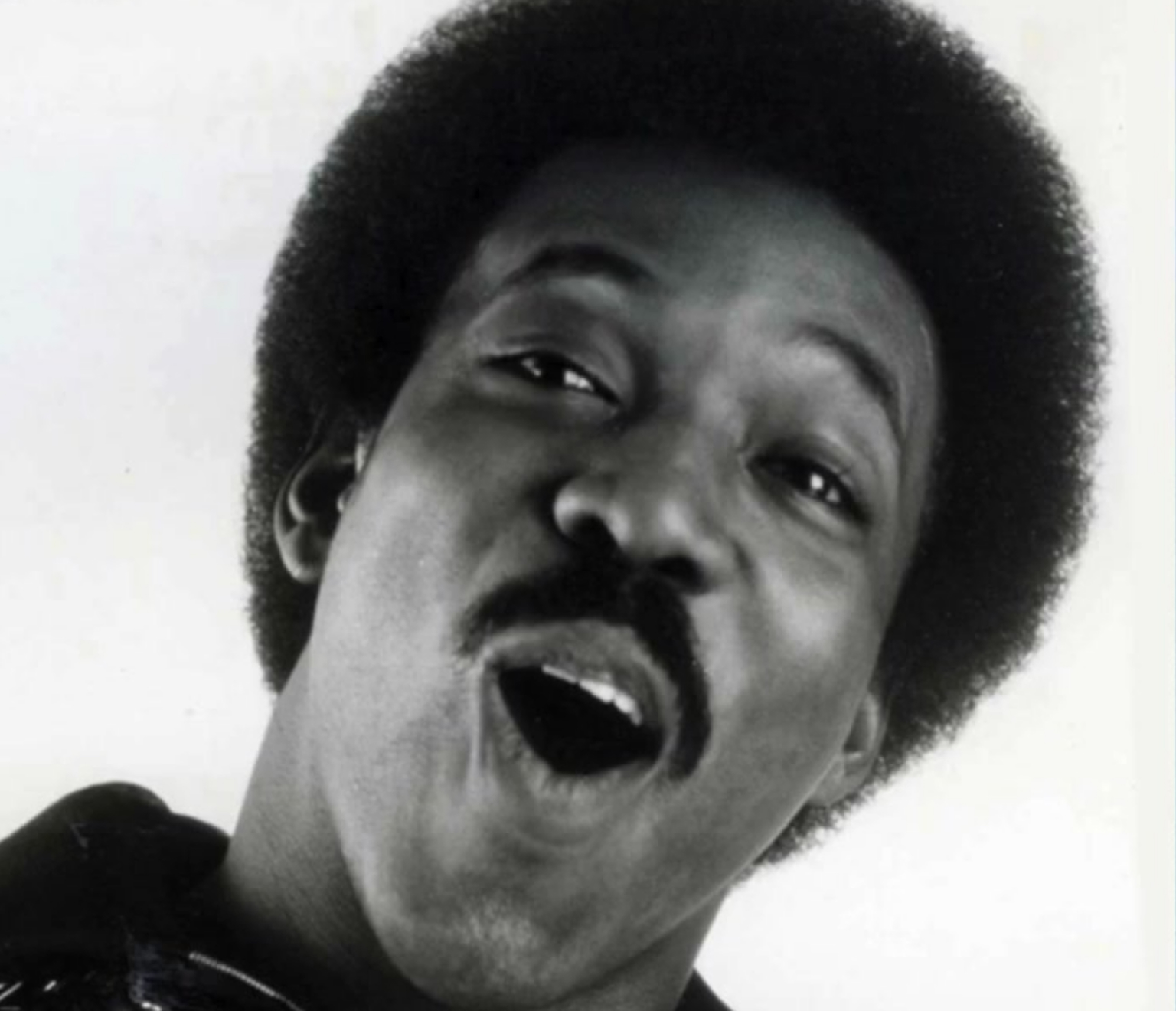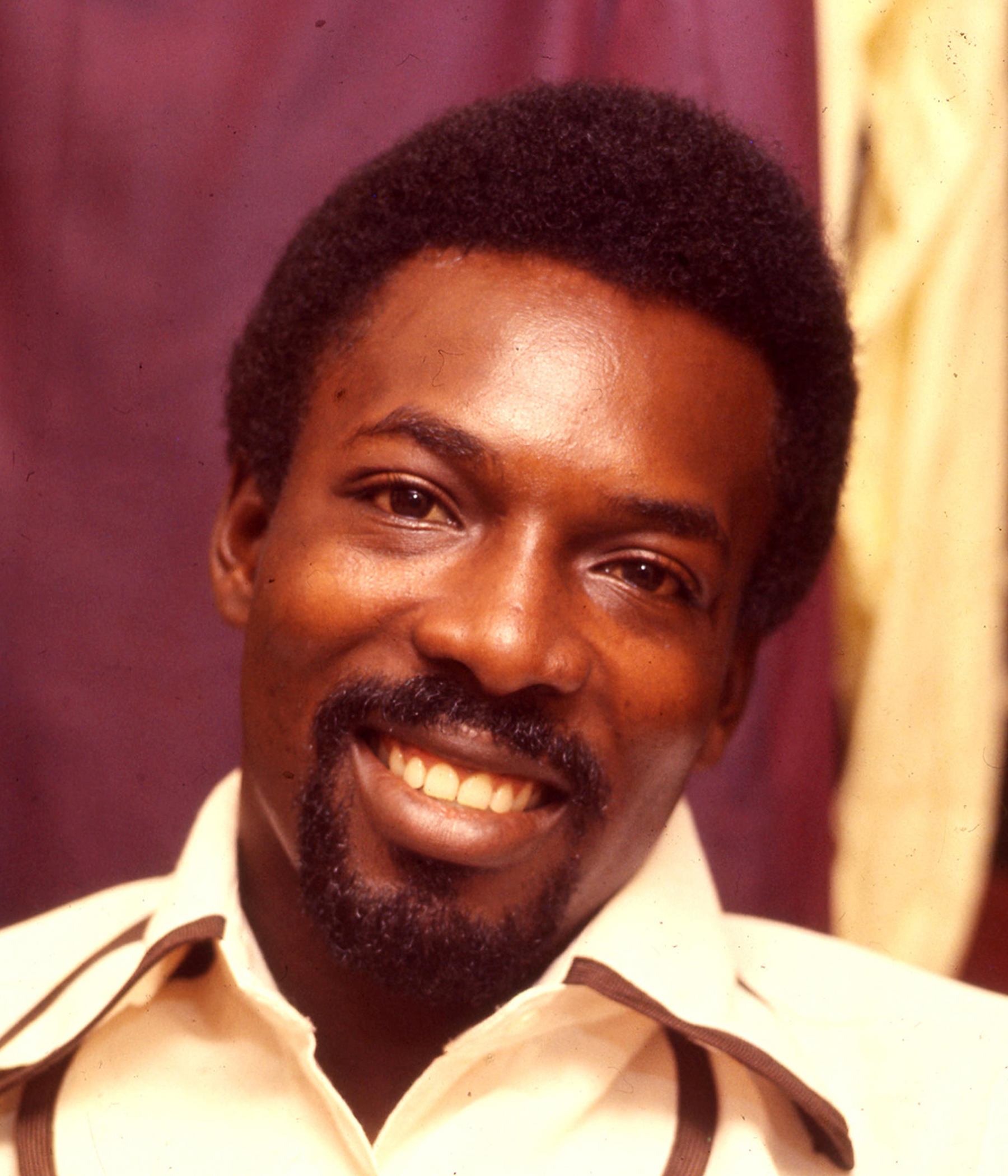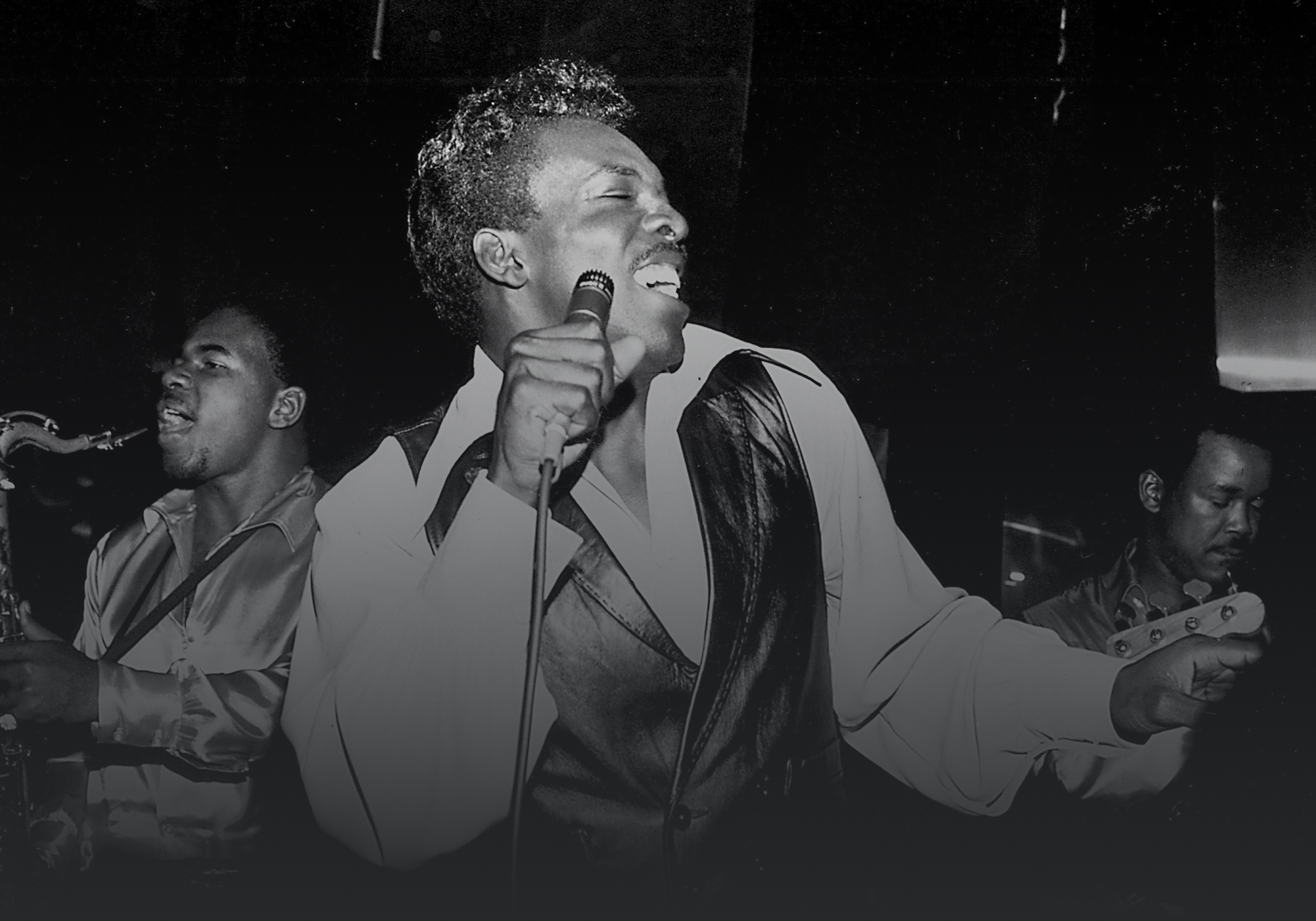

Wilson Pickett, a truly gifted singer and musician with magnetic stage presence, always had the chops to become the huge star he proved to be for the bulk of his professional life.
However, it wasn’t until he arrived in Memphis that his destiny was fulfilled.

His initial Memphis sojourn kicked off a string of chart successes that tallied:
14 Top 40 pop singles, 34 Top 20 R&B hits of which 15 went Top 5 with five of those records hitting number 1.


A child of the South, Pickett was born in Prattville, Alabama, the fourth of eleven siblings. His relationship with his mother was fraught, so at the age of 15 he moved to Detroit to live with his father who worked on the Dodge assembly line. Shortly after arriving in Detroit, his music career started when he joined the Violinaires, the gospel group that featured his lead vocal on “Sign of Judgement” released in 1957.
Secular music beckoned and Pickett began recording under his own name, starting with “Let Me Be Your Boy,” on which he was backed by The Primettes (who would later become the Supremes). He joined forces with the proto soul supergroup The Falcons whose membership also included Eddie Floyd of “Knock On Wood” renown, Sir Mack Rice (who would go on to write “Mustang Sally”) and innovative guitarist Robert Ward. Pickett had been recruited to replace Falcons member Joe Stubbs, brother of Four Tops’ Levi Stubbs. They hit with “I Found A Love” in 1962 with Pickett’s lead vocal front and center. The song made the pop charts and got as far as #6 on Billboard’s R&B chart.
Soon thereafter, Pickett caught the attention of Jerry Wexler at Atlantic Records, who signed him as a solo artist. He hit the charts with “If You Need Me,” a song he had penned which saw greater success when it was covered by Solomon Burke. Wexler thought Pickett should connect with his Southern soul roots and convinced Stax cofounder Jim Stewart to let him record at Stax though his records would be released on Atlantic. The precedent for this record label sleight-of hand had been set by Sam & Dave who were Atlantic artists who recorded at Stax and whose releases actually appeared under the Stax imprint.
On May 11, 1965, Wilson Pickett and Wexler flew to Memphis from New York. Shortly after they touched down Wexler and Stewart went off to dinner leaving Pickett to collaborate with Steve Cropper at the Holiday Inn on Union Avenue, where they came up with the repertoire to record at Stax. One of the songs they wrote was “Midnight Hour” and it was soon committed to tape with Cropper producing and playing guitar. The backing band included Duck Dunn on bass, Al Jackson on drums, Floyd Newman on sax, and trumpeters Wayne Jackson, Andrew Love and Packy Axton. The record was rush released and became a smash hit, going to #1 on Billboard’s R&B chart. Memphis had launched Wilson Pickett, and a massive pop and soul career took flight.
Wilson Pickett would come back to Stax time and again. He recorded a slew of hits right there on McLemore Avenue on December 20,1965, including “Don’t Fight It,” “Ninety-Nine and a Half (Won’t Do)” written by Cropper, Floyd and Pickett, and “634-5789,” written by Eddie Floyd and Cropper, and subtitled “Soulsville, USA,” an overt nod to Memphis.
Then came the great Stax-Atlantic schism and Pickett was no longer able to use Stax Recording Studios, moving his work to Muscle Shoals for a time. While the hits continued, including “Land of 1000 Dances,” “Mustang Sally” and “Funky Broadway,” the old adage about having “been to Memphis” and changing one’s outlook seemed to hold sway. Two years later, Wilson Pickett returned, not to Stax but to Chips Moman’s American Sound on Thomas Street.
While the Stax musicians who had backed him on his earlier hits weren’t able to leave their home base, he was ably supported by “The Memphis Boys,” the band led by Tommy Cogbill with Gene “Bowlegs” Miller, Charlie Chalmers, Floyd Newman, Bobby Emmons, Bobby Wood, Gene Chrisman and Bobby Womack. The latter had found a home at American during that time playing guitar on numerous sessions. This came after the backlash to his marriage to Sam Cooke’s widow made him feel unwelcome in California. It was Womack who wrote and co-wrote several hits for Pickett that were recorded at American, including “I’m In Love,” “I Found A True Love” (with Reggie Young) and “I’m A Midnight Mover” (Womack-Pickett). American is also where Wilson Pickett recorded such hits as “She’s Lookin’ Good” and “Stag-O-Lee.”

Wilson Pickett went on to record in Miami, New York and Philadelphia with significant chart presence into the early ‘70s. He was the biggest name to play the legendary Soul To Soul concert in Accra, Ghana in 1971 that brought American performers to West Africa, including The Voices of East Harlem, Roberta Flack, Santana, Ike & Tina Turner and the Staple Singers, where they joined forces with local musicians as chronicled in the documentary film (and soundtrack) of that title. The New York Times review noted, “the highlight of the program and the real thrill of the film is the peerless Wilson Pickett, a performer with strong impact.”

That impact continued to be felt into the next few decades with headlining shows across North America and Europe. Though he is unseen, Wilson Pickett is the centerpiece of Alan Parker’s 1991 film The Commitments. The film is centered around a struggling Irish soul band that stakes its future on a hoped-for collaboration with Wilson Pickett. While the man from Prattville never shows, he takes on mythic status. The film’s soundtrack album includes cast members performing “Midnight Hour” and “Mustang Sally,” a specific homage to Wilson Pickett.
Wilson Pickett passed away in 2006, but his legacy continues to resonate wherever soul music is celebrated. Prattville has established a Wilson Pickett Music and Arts Festival, a fitting and enduring tribute to a brilliant artist whose musical success and influence resonate to this day. It’s almost a given that on any night where classic soul music is performed or played, a Wilson Pickett song will be performed, as his love continues to “come tumbling down.”
Watch Wilson Pickett’s Induction
Be the first to add your voice.